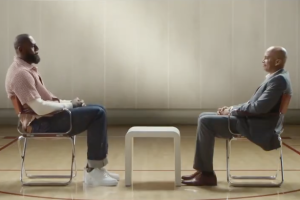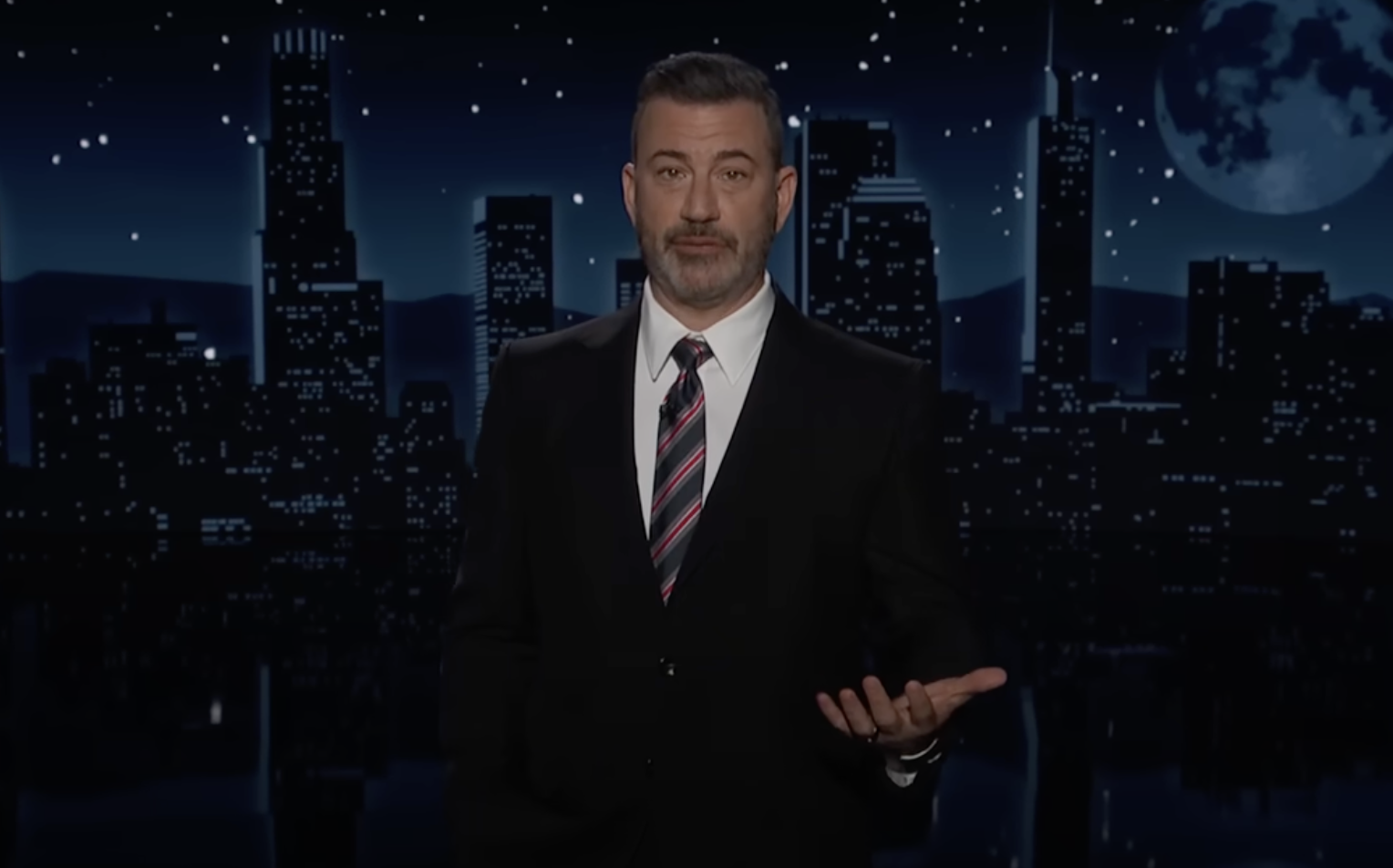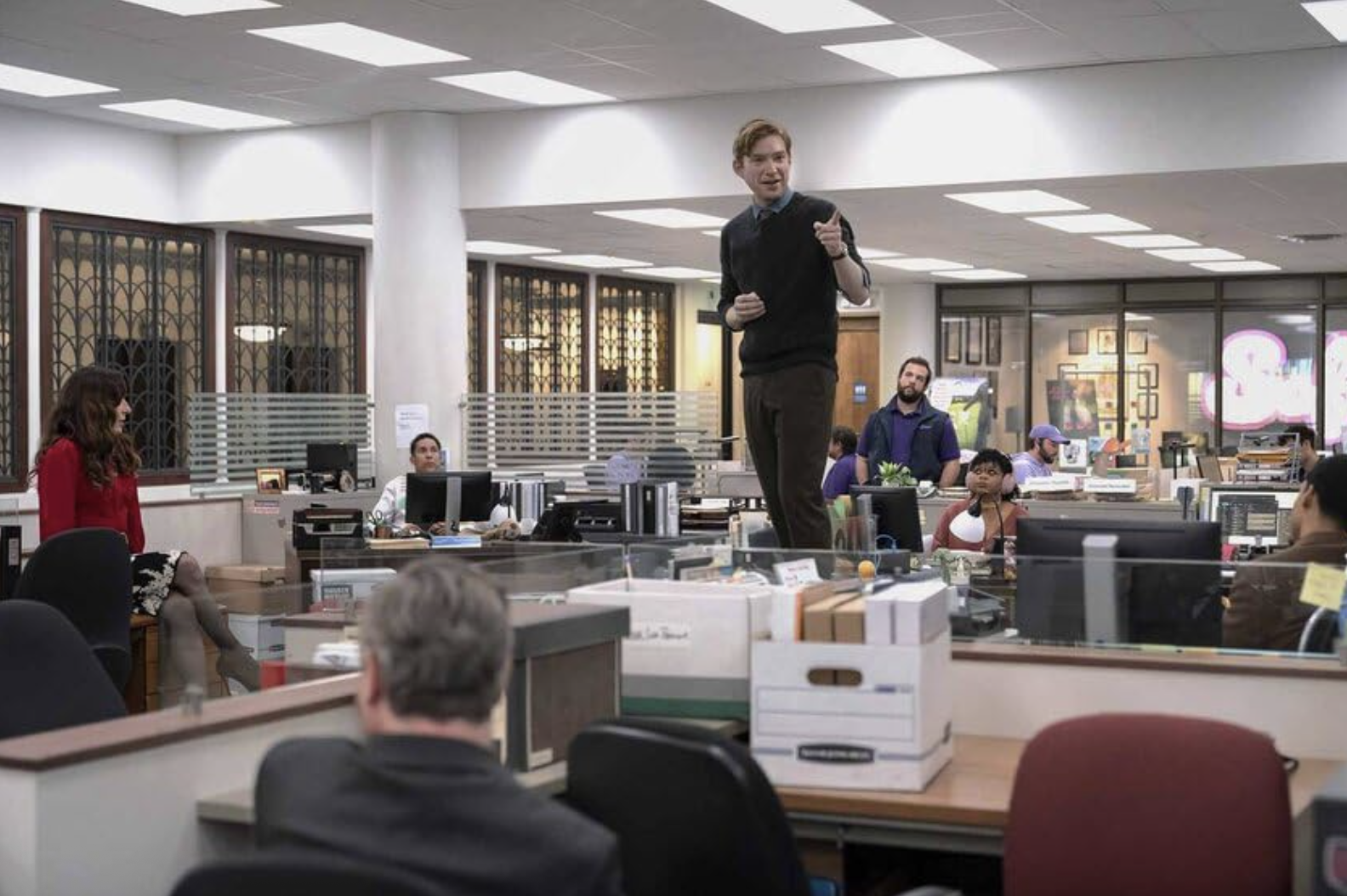Wouldn’t it be marvelous if instead of going to work every day we could contract out the tedium to avatars of whose daytime activities we could remain blissfully unaware? This, in essence, is the premise of the dystopian drama Severance, but I’m not sure it’s a fantasy many of us actually nurture.
Noël Coward once said: “Work is more fun than fun.” And though I wouldn’t push it quite that far — it would be true only if you were a huntsman or a Master of Fox Hounds — I think most of us would be pretty bereft without the adrenaline buzz of deadlines, the thrill of office flirtations, the rapier play of banter, the juice of gossip and the creativity of fiddling your expenses and getting one over on your fatuous, irritating, know-nothing superiors. Not to mention the relief when you’re done for another day.
Still, Severance — a first-time lucky hit for hitherto unknown screenwriter Dan Erickson — is an enjoyable watch. It was inspired, Erickson claims, by his years working in dead-end office jobs. But it must surely also owe something to the MKUltra experiments conducted by the CIA on unsuspecting guinea pigs from the 1950s onwards, where trauma was used to fracture the victims’ personalities so that they effectively became several different people in the same body. In Severance, you get to undertake this process voluntarily and split your psyche into two halves: your “innie” who does all your office drudgery for you, while your “outie” just takes the money and enjoys the leisured home life.
It’s set somewhere in a chilly, northern US state at the headquarters of a sinister corporation called Lumon — no doubt modeled on one of the Big Pharma enterprises. We know that it’s up to no good but it’s not at all clear what because the tasks performed by our team of grunt protagonists are mystifyingly opaque. They sit in the middle of a charmless, strip lit office staring at apparently random digits on their computer screens, looking for patterns. When they spot groups of numbers that make them feel uneasy, they swipe them into a bin. If they do this well, their supervisor Mr. Milchick (Tramell Tillman) will materialize with a bland smile, bearing crappy tier-achievement incentives: a Lumon-branded rubber pencil eraser; a finger trap; a music/dance experience; a melon-ball buffet; a custom caricature portrait; or — if they’re really good — a waffle party.
Our heroes are a motley crew. There’s mild, amenable but lightly sardonic Mark (Adam Scott), who entered the severance program to cope with the grief of losing his wife; porky, blustering, competitive Dylan (Zach Cherry); repressed, uptight, meticulous Irving (John Turturro); and kittenish rebel Helly (Britt Lower). None of them has any idea who their outies are or what they do or whether they share similar personalities. We only find this out during the finale of season one, which I shan’t spoil, except to say that there’s a particular delicious twist in the case of Helly.
Possibly I haven’t yet made it sound terribly enticing, but trust me, Severance is more involving than a series about humdrum wage slaves in an incredibly dull office has any right to be. You quickly get to love all the characters’ quirks; the performances — the cast includes heavyweights such as Christopher Walken and Patricia Arquette, who plays a deranged senior boss redolent of Kathy Bates in Misery — are first rate; and it has a very distinctive style and tone at once soothing, playful and unsettling.
This mood no doubt owes much to the direction of executive producer Ben Stiller who, being himself a comedy actor, keeps you amused even as you’re being creeped out by the growing, but ill-defined menace. It reminds me a bit of the original film version of The Stepford Wives or the movies of Charlie Kaufman, with maybe a hint of The Office thrown in for good measure. Unlike with so many of the crass, clunky, misbegotten series they churn out on cable TV these days — I’m thinking of you, Prime Target — you never feel like you’re wasting your time. This is a subtle, original, superior product made by a team that respects your intelligence.
We’ve now entered season two, which is at least as good as its predecessor. The battle of wits between our put-upon team of innies and their chilly, devious corporate overlords is escalating. Just don’t expect any satisfactory resolution any time soon. Unfortunately, it has proved such a hit that season three is already in discussion.


























Leave a Reply